Urban and country living
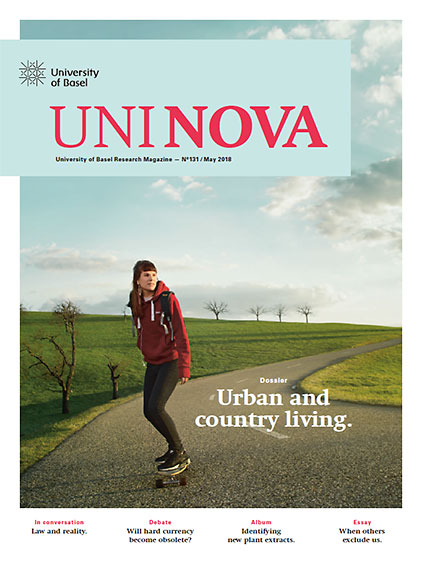 Download (PDF, 10 MB)
Download (PDF, 10 MB)
Is it still possible to distinguish between life in the city and life in the countryside? Unlike in previous centuries, people in many parts of the world no longer live in clearly demarcated areas. Increasingly, people are living and working in different places. UNI NOVA asks questions about living together and presents scientific projects from subjects such as urban studies, history, geography, sociology and cultural studies.
Subscribe to UNI NOVA-
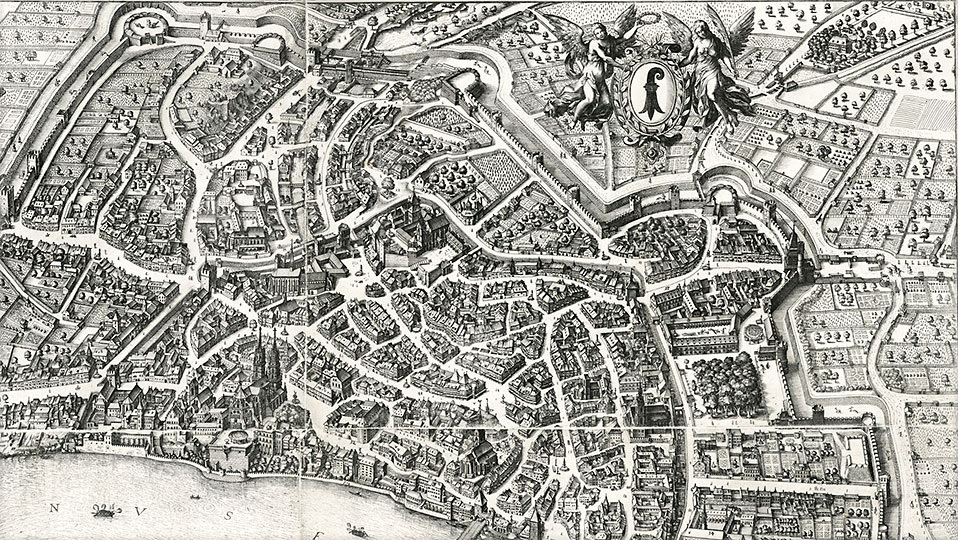 Dossier
DossierOn urban and rural life.
Text: Manuel Herz / Even as the borders between urban and rural areas become more permeable, we remain a long way from worldwide complete urbanization.
-
 Dossier
DossierWhere the life sciences are concentrated.
Text: Christoph Dieffenbacher / As one of the world’s leading locations for life sciences, the Basel region is home to a cluster of companies and organizations that not only compete with one another but also engage in cooperation. These are the findings of a new research study in the field of geography.
-
Dossier
City districts: shifting spaces.
Text: Christoph Dieffenbacher / Cities are structured into different districts. A human geographer has been exploring the characteristics of Basel’s neighborhoods.
-
Dossier
A critical take on sedentarism.
Text: Samuel Schlaefli / The expectation that “migrants” should become actively involved in the local community of the urban district in which they live is often at odds with their mobility patterns and motivations.
-
Dossier
The lives of cross-border commuters.
Text: Tobias Ehrenbold / Some 320,000 commuters – twice as many as 20 years ago – cross the border into Switzerland for work. Sociologist Cédric Duchêne-Lacroix takes a closer look at the complex lives of cross-border commuters.
-
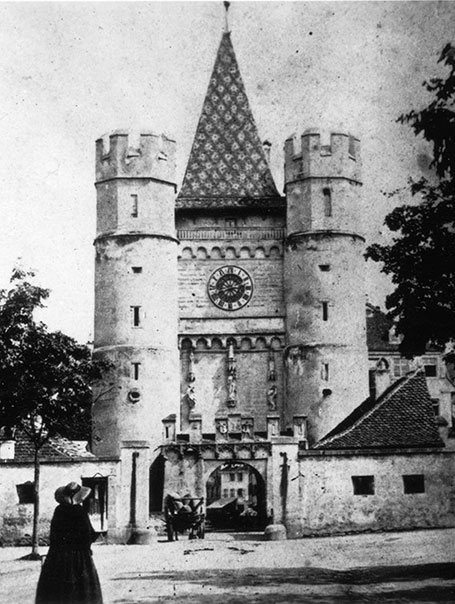 Dossier
DossierBasel, its population and the city walls.
Text: Jörg Becher / Historians are investigating how the spatial development of Basel since the Middle Ages has affected social life in the city and vice versa.
-
-
Dossier
New housing for social change.
Text: Samuel Schlaefli / Co-operative living is back en vogue. A Basel-based sociologist is following the development of new housing projects and researching their innovative and socially transformative potential.
-
Dossier
Neighborhoods 2.0
Text: Samuel Schlaefli / Are neighborhoods becoming less important in an individualized and increasingly mobile society? Not according to cultural anthropologist Christina Besmer, who claims that they are simply changing form as diversity grows and society is digitalized.
-
-
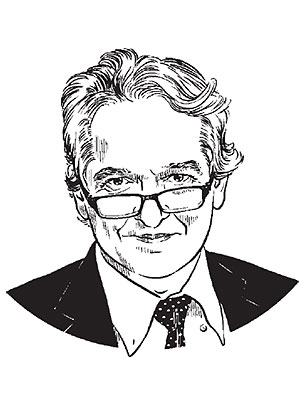 Opinion
OpinionWhat does the future of money look like, Aleksander Berentsen?
Text: Aleksander Berentsen / The money economy is currently undergoing a period of rapid change, thanks to digitization. Cash as we know it will disappear. But what consequences is that going to have?
-
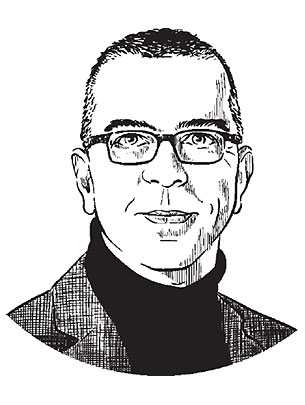 Opinion
OpinionWhat does the future of money look like, Axel Paul?
Text: Axel Paul / The money economy is currently undergoing a period of rapid change, thanks to digitization. Cash as we know it will disappear. But what consequences is that going to have?
-
 In conversation
In conversation“The law must not deny reality.”
Interview: Urs Hafner / An overhaul of the 100-year-old inheritance law is long overdue, not least because the structure of families has changed. The Swiss Federal Council has presented its draft bill for reform. This has not been thought through sufficiently, according to professor of law Roland Fankhauser. He would like to see the Federal Council display more courage.
-
-
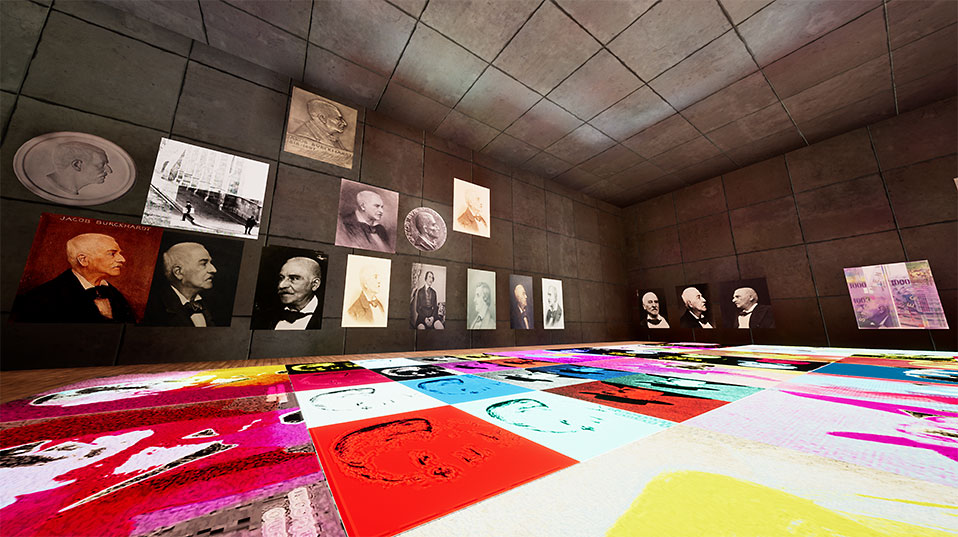 Research
ResearchTheory of power instead of porn
Text: Urs Hafner / Jacob Burckhardt is going virtual. Two hundred years after his birth, the ideas of Basel’s great cultural historian are being brought to life by a 3D installation at the Basel Historical Museum.
-
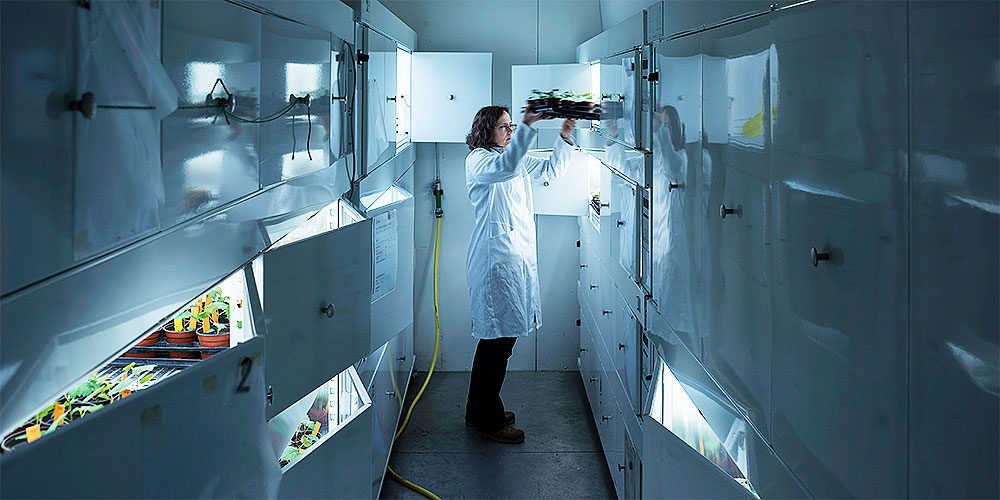 In pictures
In picturesPlant extracts against fungi.
Text: Christoph Dieffenbacher / Researchers are looking for plant substances that could replace the harmful copper in the fight against various plant diseases.
-
-
 Portrait
PortraitResearch for the benefit of the patient.
Text: Irène Dietschi / With the apparent ease of a concert soloist, Viviane Hess has advanced up the ranks to become an exceptional oncologist. Professor of Medicine, Hess holds several senior positions including Head of Clinical Cancer Research at University Hospital Basel. She is not afraid to criticize the system in which she has pursued her career.
-
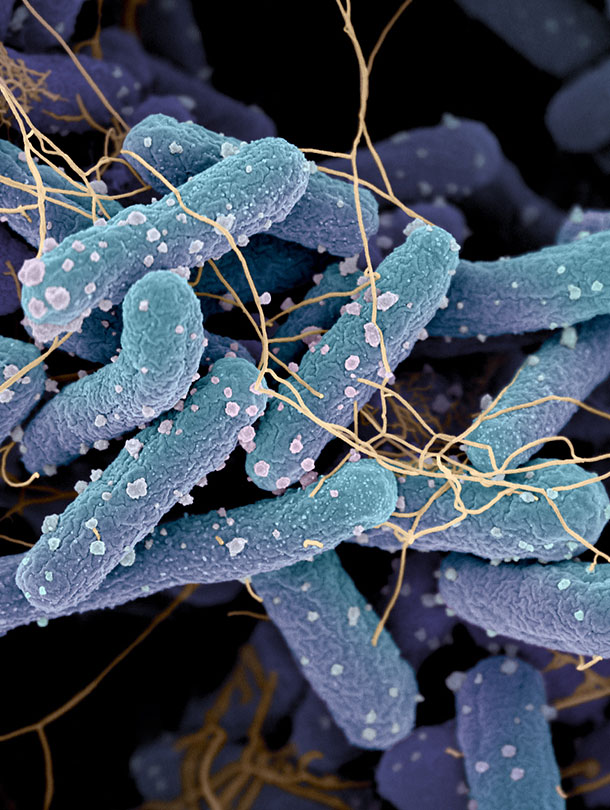 Research
ResearchLiving in the human body
Text: Katrin Bühler / Trillions of bacteria, fungi and viruses live in our bodies. Most of them go unnoticed but infl uence us throughout our lives. When this community – known as the microbiome – becomes out of balance, illness can ensue.
-
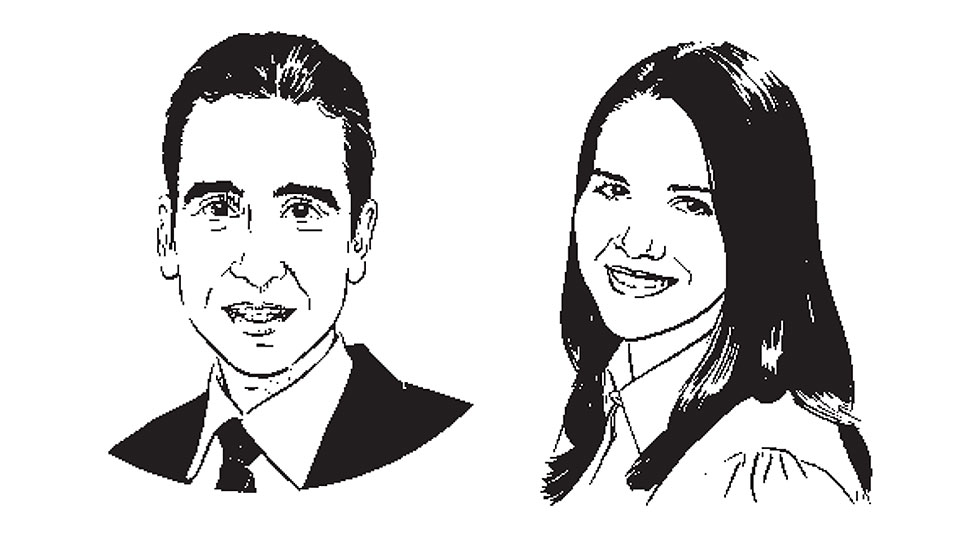 Opinion
OpinionLeft out and excluded.
Text: Rainer Greifeneder und Selma Rudert / It is painful when other people exclude you. Especially when you don’t know why.
-
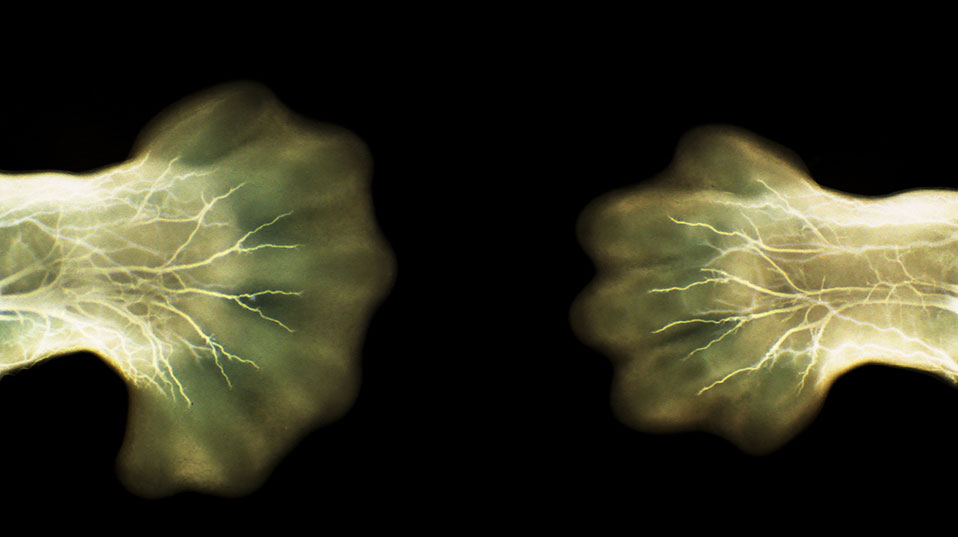 Research
ResearchMore than five fingers is not possible – or is it?
Text: Yvonne Vahlensieck / Today’s vertebrates normally have no more than five fingers or toes on each limb. Biologists in Basel now want to find out why.
-
 Alumni
AlumniInnovative lawyer in the investment business.
Text: Bettina Volz-Tobler / Salome Preiswerk studied law in Basel and worked as a strategic consultant for banks after graduation. In 2014, she founded her own company, Whitebox, with the aim of revolutionizing private asset management using the latest IT technology tailored to meet customer needs. Within just a short time, Whitebox became one of Europe’s leading companies in this sector.
-
 Alumni
AlumniSuccessful Germanists.
Basel students founded a literary magazine in 2011 - with success: “Das Narr” has now established itself as one of the most important literary magazines in Switzerland and was recently awarded the Canton of Solothurn's Literature Prize.
-
 Alumni
AlumniOn the trail of apartheid.
Letter from Johannesburg: Franziska Rüedi / Franziska Rüedi is a historian and writes from Johannesburg. She left the University of Basel a decade ago but has fond memories of her time in Basel.
-
 Column
Column“Beloved” by Toni Morrison: The Ghosts of the Past.
Text: Andrea Bieler / My book: The theologian Andrea Bieler recommends "Beloved" by Toni Morrison.
-
 Research
ResearchFerdinand Hodler on the silver screen.
A film by film pioneer François-Henri Lavanchy-Clarke from 1896 documents the national exhibition in Geneva. In the illustrious turmoil in front of the camera, a team of researchers has now discovered the artist Ferdinand Hodler.
